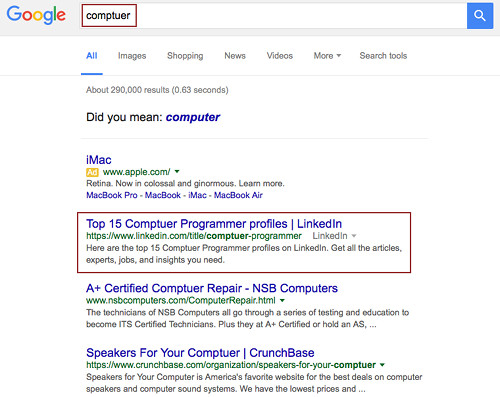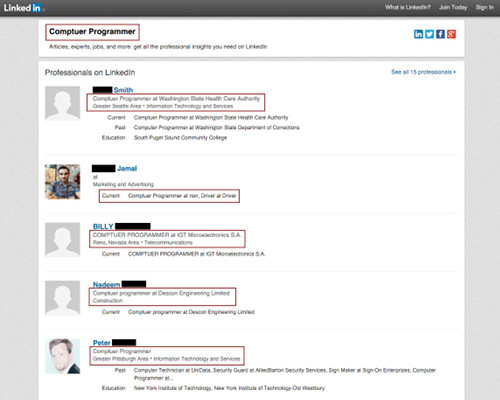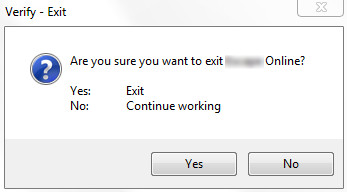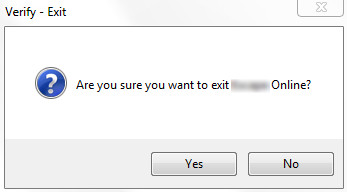I very much dislike it when computers attempt to correct what I type. Sometimes it can be handy, but other times it can be infuriating. Texting on a cell phone is of course the best example of this: almost every single text message is altered by the phone’s computer software in one form or another. This is something that I only recently noticed: I had disabled texting on my phone in the past because I didn’t want to give certain people yet another way to selectively communicate with me (and further empower these same people to get away with the obnoxious behavior towards myself and others that comes along with such selective and one-sided discourse). Eventually I relented, but only because you can’t be part of a baseball team in the present day and not use text messaging.
The experience so far hasn’t been too bad. I completely ignore people who really should be calling or visiting me and instead use text messaging almost exclusively for work- and baseball-related activities. What really drives me up the wall, however, is that every time I type in a word that could potentially be deemed offensive, my phone changes it to something different. “Shit” is changed to “shot”, “hell” is changed to “he’ll”, and even “fart” is changed to “cart”. Needless to say, I shut this feature off as soon as I was able to dig up the associated setting on my phone.
But autocorrect isn’t always so bad to have around, and some people clearly need it more than others. An unfiltered Google search for “comptuer”, a common misspelling that typically occurs from typing too fast on a keyboard, yields the following results:

Interestingly, the first entry is from LinkedIn for the Top 15 Comptuer Programmer profiles 
 . Apparently this spelling error occurs frequently enough that the site automatically generates a separate category for a special group of programming professionals who are very impatient typists:
. Apparently this spelling error occurs frequently enough that the site automatically generates a separate category for a special group of programming professionals who are very impatient typists:

This misspelling is so common, in fact, that some asshole in the Cayman Islands 
 thinks that he’s going to get $15,000 for the domain name COMPTUER.COM:
thinks that he’s going to get $15,000 for the domain name COMPTUER.COM:

The sad thing about all this is that we wouldn’t have most of these problems if people learned to spell, didn’t get so bent out of shape over strong or vulgar language, and were more considerate and earnest when communicating with others. Is autocorrect going to help us with these problems and eventually save us from ourselves? Only time will tell….
On a related note, ICANN 
 really sucks.
really sucks.
Like this:
Like Loading...








